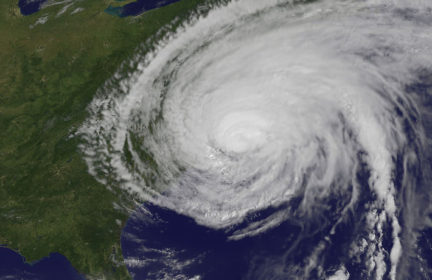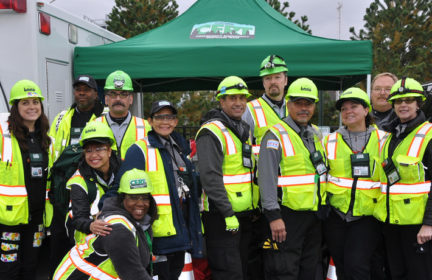“Listening to Katrina” website: Bugging out is a tool to escape danger and then find home
The recent discussions about Hurricane Ida reminded me of a website I had skimmed years before called “Listening to Katrina” (see here: http://www.theplacewithnoname.com/blogs/klessons/ ). I re-read the website in full, and think it has a key idea that people here may appreciate thinking and talking about, so I made this new thread.
(I did a quick search, and didn’t see too many official The Prepared contributor articles on the recovery process, aside from making sure that important documents are in the Priority #1 bag for bugging out.)
The “Listening to Katrina” website is an extended read about the author’s personal experience with evacuating for Hurricane Katrina, starting the recovery process for his family, and a lot of discussion of what he learned about general emergency preparation from his experiences, listening to the experiences of others and combing through additional information available. It’s mostly the view of one person, so in addition to the news and historical records he draws from, it’s replete with anecdotes, opinions and personal color. I don’t anticipate readers here will agree with everything on the site.
Instead, I want to point out the part of his discussion that struck me the most: his philosophy about the ultimate goals of preparing (especially bugging out, but also bugging in). If you would like to read it in his words, that specific page is here: http://www.theplacewithnoname.com/blogs/klessons/p/0025.html
Here’s my summary of that page: the point of bugging out (and bugging in) is to…
First, Safeguard your health and wealth by letting you escape from/avoid danger
Second, Help you “Go Home”
Third, Help you profit by using “the rebuilding as an opportunity to grow wealth”
The second point is what made the biggest impression on me when I reread the website (years after first encountering it and not remembering much beyond “put information about insurance and identification into your bug out bag”). A lot of discussions around bugging out and bugging in rightly emphasize how this lets you avoid/reduce danger. But equally important is to emphasize how bugging out/in is a tool to facilitate your recovery process.
Whether Getting Home is returning to your previous home, or finding/building a completely new home, the goal of bugging out/in isn’t to be bugged out/in forever, it’s a stepping stone. It’s a tool you use to safeguard your health and wealth, and to create the launching platform for Finding Home, wherever that may be. So, planning to bug out/in shouldn’t be divorced from planning to recover/Find Home. Connecting the two addresses the question “after you’ve successfully evacuated to ____/after The Event has passed, then what?”
I’m adding this philosophy to the toolbox I use for evaluating my personal preparations — specifically, asking the question “will this prep also help me Get Home, wherever that may be?” Hopefully that is useful food for thought.
-
Comments (6)
-


